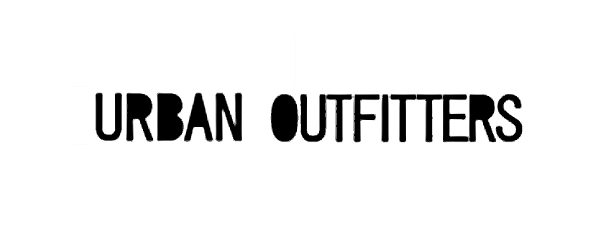
/ URBN owns Urban Outfitters, Anthropologie, and Free People.
/ Urban Outfitters has 230 stores, while Anthropologie has 187, and Free People 90.
/ As of January 31, 2014, URBN employed approximately 22,900 people in wholesale and retail.
/ We don’t have any information on: how many people the brand employ in their supply chain, lead times, the number of garments made annually and how long their products are designed to last.
/ In 2015 the Huffington Post reported that Urban Outfitters asked some of its salaried employees to volunteer, or work for free, at a fulfillment center in Pennsylvania in anticipation of a busy month.
/ The brand does not disclose a public list of suppliers or the countries in which their suppliers are located.
/ It is unclear if URBN can trace their entire supply chain.
/ The brand does not communicate anything about the impact of their supply chain or what they are trying to do to improve it.
/ The brand does not have a publicly available supplier code of conduct.
/ URBN does have a response to the California Transparency in Supply Chains Act.
/ URBN does not knowingly source or carry products that use cotton originating from Uzbekistan. The brand may terminate their relationship with suppliers if they are found to use cotton originating from Uzbekistan.
/ In 2014 Urban Outfitters received the lowest score possible on a survey conducted by the Responsible Sourcing Network that measured action taken by brands to ensure cotton originating from Uzbekistan was not used in their products.
/ Anthropologie stocks brands produced by artisans but these are hard to distinguish from other products on their website.
/ Good Guide rated Anthropologie and Free People a 4.5 out of 10 for society; This company’s social policies, practices and performance place it among the worst 50% of companies rated by GoodGuide.
/ The Urban Outfitters Urban Renewal Collection uses recycled fabrics, deadstock fabrics, vintage, organic cotton and other sustainable materials.
/ Free People has a vegan leather collection.
/ In 2009, Urban Outfitters made an agreement with PETA to stop selling fur in their stores but failed to do so as in January 2011 the store was selling a cardigan trimmed with real fur. They made an agreement to stop selling fur seriously and are taking steps to ensure that this mistake doesn’t happen again.
/ PETA campaigned for Free People to cease the use of angora in their products. In response Free People made the following commitment: Free People will immediately cease buying and producing products containing angora fur, and anticipates being completely angora-free by 2016. This will complete a longstanding effort to make the entire URBN portfolio angora-free.
Comments are closed.
